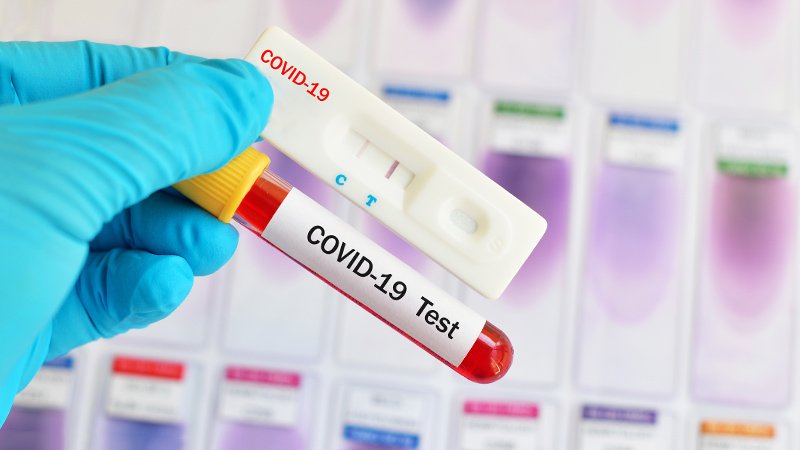Authorities in Yobe, Borno concerned over spike in COVID-19 cases
Authorities in Borno and Yobe states have advised the public to observe the COVID-19 safety guidelines particularly by limiting gatherings and reducing contacts following the rise in the number of confirmed cases. Some of them who spoke to Kanem Trust said poor compliance with protective procedures and lack of awareness especially among rural dwellers were […]

Authorities in Borno and Yobe states have advised the public to observe the COVID-19 safety guidelines particularly by limiting gatherings and reducing contacts following the rise in the number of confirmed cases.
Some of them who spoke to Kanem Trust said poor compliance with protective procedures and lack of awareness especially among rural dwellers were the major causes for the rapid spread of the disease in addition to lack of capacities for contact tracing.
In Borno State, a health official, who pleaded anonymity, said extra effort was required by authorities to prevent a fresh spike in COVID-19 cases even as citizens violated transmission and protective measures.
He said testing of specimen samples was taking place at the state Specialist Hospital and the University of Maiduguri Teaching Hospital (UMTH) and it took less than 13 hours to produce results.
Contact tracing, which to a large extent helped authorities to stem the tide on the rapid spread of the disease at the beginning of the pandemic in the state had ‘virtually’ decelerated, he said.
He noted that many people who contracted the disease were unaware of the symptoms. He said vaccines must be made available to the public before the second wave becomes difficult to control.
According to the official, the Brigadier Abba Kyari Isolation Centre, Bolori II, was ‘practically’ quieter because most of the ad-hoc health personnel there, have returned to their places of primary assignments in November after releasing their last patient on September 6.
The officials at the isolation centre, which was observed to have been well equipped were expecting to receive their daily allowances that were not paid as at the second week of December.
He said, “Most of the officials who were sent to the centre, for the time being, have returned to their permanent workplaces because they were not given their daily allowances since May this year. Senior officials are supposed to receive N5, 000 daily while mid-level staff will collect N3, 000. But there are indications that the payment vouchers were processed. ”
He said more cases were being confirmed at UMTH and that hundreds have tested positive to the disease in the state since April but the majority later showed no symptoms after receiving treatment.
Efforts to get the response of the Commissioner of Information and COVID-19 Sub-Committee Chair on Information, Babakura Abba Jatau, about efforts being made to deal with the fresh spike and other matters, were not successful including text messages.
In Yobe State, the Commissioner of Health and the Vice Chairman, COVID-19 Response Committee, Dr. Muhammad Lawan, disclosed that measures were taken for the second wave of the pandemic. He said a molecular diagnostics lab had been testing samples since July this year.
He said the state had embarked on “risk communication through sensitisation, dialogue, infection prevention and control.”
He said: “We have activated isolation centres in different locations, just in case, and provided necessary drugs, consumables and PPEs.”
Checks revealed that Yobe recorded a total of 108 cases including 14 health workers while eight people have died and 84 were discharged.
